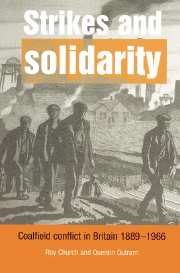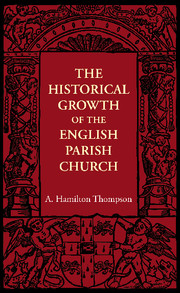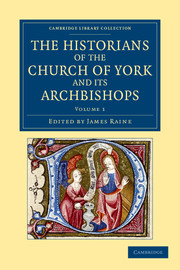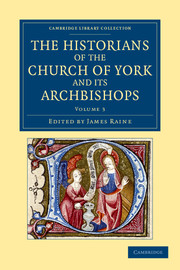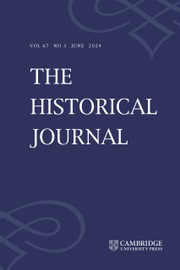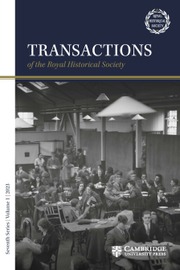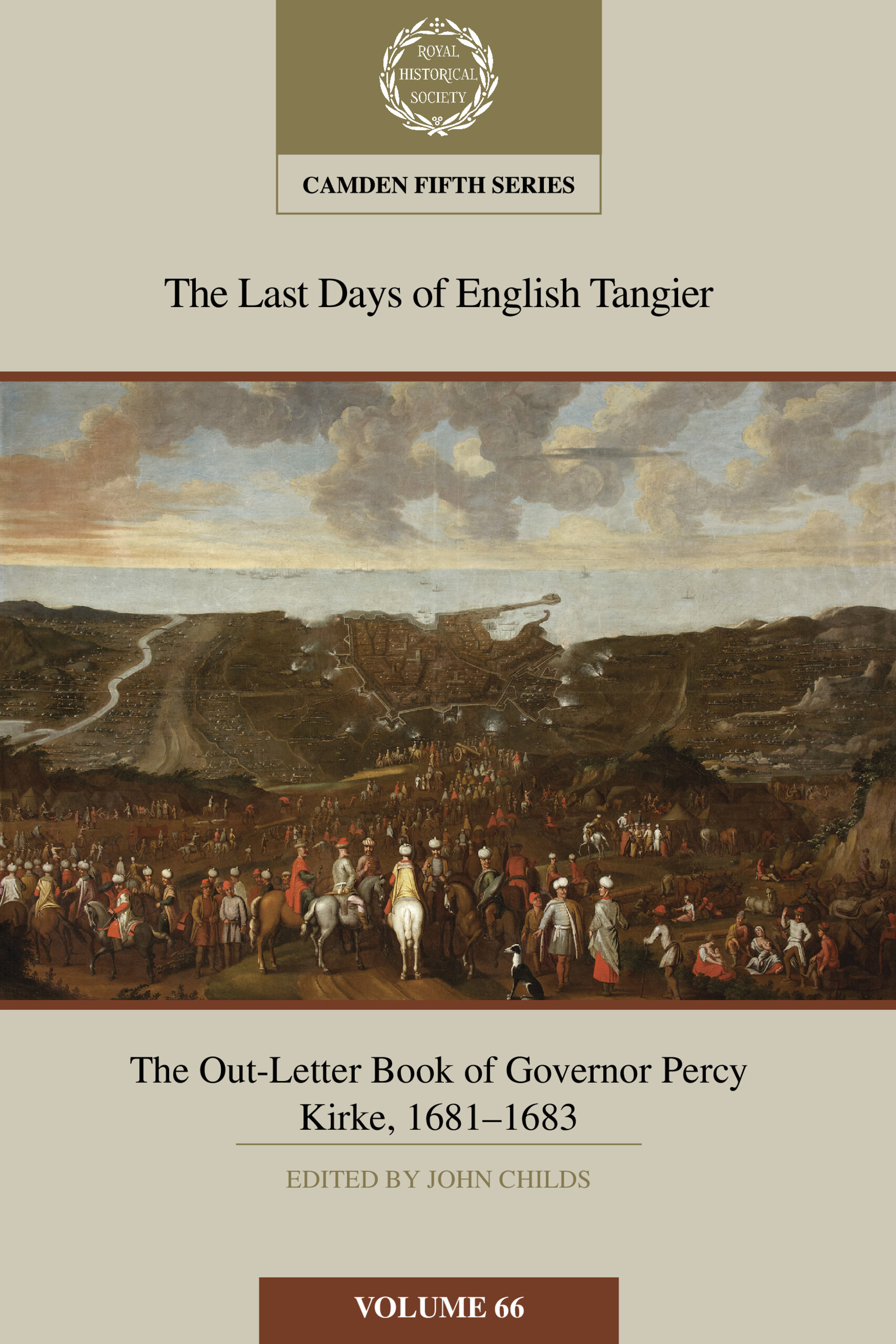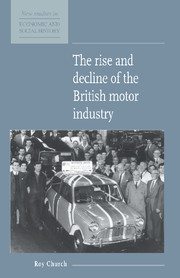Strikes and Solidarity
In this important contribution to the study of industrial relations, Roy Church and Quentin Outram present research into the strike activity of British coalminers from the late nineteenth century to the mid-1960s. The authors consider not only the major national strikes and lock-outs which made the industry a byword for industrial militancy, but also the multitude of small-scale strikes which formed a routine part of British colliery lifes. Strikes and Solidarity, first published in 1998, is multi-disciplinary in approach and views coalfield conflict from the perspectives offered by sociologists, industrial relations specialists, and economists, as well as social and economic historians. Church and Outram have successfully blended quantitative and qualitative investigations to explain the long-standing issues presented by industrial relations in the coalfields.
- Multi-disciplinary approach
- Combines quantitative and qualitative research methods
- Challenges received interpretations of mining strikes and miners' solidarity
Reviews & endorsements
"...White takes the reader through an erudite, understandable, and thorough discussion of the various positions taken on the doctrine of predestination in all of its various nuances. Practically everything you ever wanted to know about predestination as it was discussed, particularly in England, between 1500 and 1640 is illuminated by the author....truly brilliant exposition of a complex theological subkect....His care and thoroughness are breathtaking. His writing is provocative fruitful dialogue. Old theses have been challenged and new discussions will begin. White has stirred the waters and must be reckoned with by anyone seeking to get into the territory of theological discourse during the Tudor and Stuart periods of English history....White's book is a "keeper," and it needs to be consumed and digested." Sixteenth Century Journal
"White has given us a pioneering, scholarly, and admirable study of the academic polemics of predestinarianism." American Historical Review
"...this is a useful and significant study, one which students of the English Reformed tradition must not take lightly." Sixteenth Century Journal
"Peter White's first book, appearing shortly before his retirement, is an important contribution to the writing of English church history for the period it covers." Daniel W. Doerksen, Sixteenth Century News
"...historiographically subtle....a fine book that will be a point of departure for future work in this field." Michael G. Finlayson, Journal of Modern History
"White has done an impressive work in reading the Latin works of sixteenth- and seventeenth-century theologians and in analyzing them." John LaRocca, Church History
"This is a landmark study in industrial relations and will be required reading for anyone interested in the causes of strikes in modern industrial societies." Lowell J. Satre, The Historian
"...this is a major contribution to our understanding of strikes, and through the close analysis of their incidence it helps us understand a great deal about most aspects of coal-mining life. It will plainly be of direct interest to those who specialize in the history of this industry, but it also has much to tell a wider audience about how clearly focused arguments and imaginative use of statistics can illuminate historical problems previously dealt with in terms of under-reseached generalizations and unreflected categories of explanation." Jim Tomlinson, Canadian Journal of History
Product details
May 2002Paperback
9780521894036
336 pages
228 × 153 × 23 mm
0.666kg
46 tables
Available
Table of Contents
- List of figures and tables
- Preface
- List of abbreviations
- 1. Interpreting coalfield conflict: focus and formulations
- 2. Tradition and modernity: the mining industry 1889–1940
- 3. Employers and workers: organizations and strategies
- 4. Employers and workers: ideologies, attitudes and political orientations
- 5. Configurations of strike activity
- 6. Strike participation and solidarity before 1912
- 7. Strikes, organization and consciousness in 1912 and after
- 8. Conflictual context? The 'isolated mass' revisited
- 9. Mining and modernity: size, sectionalism and solidarity
- 10. The foundations of strike propensity
- 11. Miners and management: agency and action
- 12. Industrial relations and strikes after nationalization
- 13. International perspectives
- 14. Myths and realities: strikes, solidarity and 'militant miners'
- General appendix.

